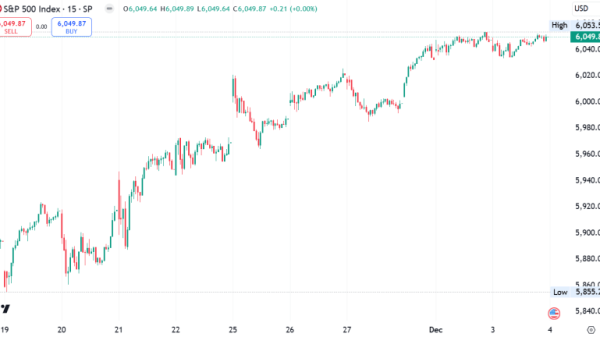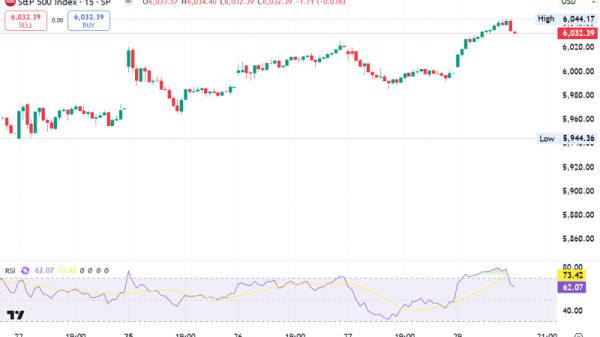By Michelle Conlin and Matt Tracy
NEW YORK/WASHINGTON (Reuters) – For 32 years, Jim Tynan had a homeowners’ policy with Allstate (NYSE:ALL) on his 1,200-square foot condo in Ponte Vedra, Florida.
In January, Tynan’s Allstate subsidiary told him it was going to drop him. Tynan called ten different agencies, “and none would cover me,” he said.
Finally, he found one that would. It cost 50% more.
Florida has been hit with four major hurricanes in the past four years, which has sent insurance premiums rocketing and caused some insurers to pull back on coverage. For residents cleaning up after storms or living nearby water, they have another worry: Will they still have insurance?
Tynan said he has not been hit directly by a hurricane but is two miles from the ocean.
“I live in fear I will get a letter from my new company telling me they are going to drop me, too,” said Tynan, speaking after the latest hurricane. “It’s very scary.”
Six other homeowners contacted by Reuters in areas including both Florida coasts and the Keys also said they were worried that the back-to-back hurricanes would result in more price hikes and exclusions. Worse, they feared they could lose their insurance altogether.
Allstate said it worked with regulators to protect as many customers as possible. For those that it cannot cover, “We work with other carriers to offer alternative coverage offerings.”
A number of homeowners in Florida have faced a precarious situation for securing insurance. Average homeowner premiums in Florida surged nearly 60% between 2019 and 2023. Some major insurance providers have reduced coverage. The state insurer, Citizens, meanwhile has taken on increased business.
Analysts and insurance experts predict more nervousness about insurers following Hurricane Milton, which made landfall on Florida’s Southwest coast just 12 days after Hurricane Helene made landfall on Florida’s Northwest coast.
“This is …certainly going to cause insurers to be concerned about continuing to insure in the market,” said Marc Ragin, associate professor of risk management and insurance in the Terry College of Business at the University of Georgia.
The increased hurricanes could increase reliance on the state-backed nonprofit insurer Citizens, considered the insurer of last resort.
Florida’s Governor Ron DeSantis has in the past raised questions about how the insurer could pay claims if large storms hit. Citizens spokesperson Michael Peltier said it would always be able to pay as it was structured to first levy surcharges on policyholders and then, if needed, assessments on non-policyholders. He said about 80,000 claims came in so far related to Milton and it expected to be able to pay them all without having to levy assessments on non-Citizens policyholders.
DeSantis’ office said on Wednesday that while Citizens will always have the ability to pay claims “this comes at the expense of all Florida insurance policy holders.”
Citizens had over 1.2 million policies in force as of June, according to data from the Florida Office of Insurance Regulation (FLOIR), up from roughly 1.14 million policies at the end of 2022.
“We could see a scenario where Citizens again has to take on a lot of policies,” said Chai Gohil, global insurance analyst at investment management firm Neuberger Berman.
INSURANCE WORRIES
The storms, in close succession, intensified concerns about higher prices.
“The hope of a softer market I think just disappeared after Helene and Milton,” Orion180 founder and CEO Ken Gregg told Reuters in a written statement. Gregg added that Milton would have an impact on the reinsurance market for the next season “in capacity and pricing.”
Brian Schneider, Fitch Ratings’ senior director of insurance, said price hikes by reinsurers pushes “a lot of the primary insurance companies, particularly on the commercial side, to have to increase their pricing that they charge on the property business.”
Florida’s insurance market is made up of a mix of major established players, newer entrants and Citizens.
In addition, a number of insurers, including Orion180 Insurance, are taking on existing policies from Citizens in a “Depopulation Program” to shift policyholders to private insurers. Citizens spokesperson Michael Peltier said it aims to reduce its policies in force to below one million by the end of 2024.
Despite the massive storms, a number of private insurers said they remained committed to the market.
The largest include State Farm Florida Insurance and Universal Property & Casualty Insurance, according to the Florida Office of Insurance Regulation (FLOIR).
“State Farm plans to continue our presence in the Florida insurance marketplace,” a company spokesperson told Reuters.
Universal Property & Casualty Insurance chief strategy officer Arash Soleimani said the company is “firmly committed” to Florida. “Nothing that’s happened this year has been outside our modeled expectations.”
Security First Insurance, a Florida-focused insurer, also said it remained committed to the market.
“Another hurricane like Milton for Security First would be an earnings event, not a capital event,” CEO Locke Burt told Reuters.
Of those that pulled back, many retain some exposure.
Progressive began reducing exposure in mid-2022 to focus on states with less catastrophe exposure, although a Progressive spokesperson said it continues to write property business in the state.
In 2023, Farmers Insurance exited its own-branded coverage in the state. A Farmers spokesperson said it continues to serve customers through its Bristol West and Foremost brands.
Travelers (NYSE:TRV) has avoided underwriting in Florida due to the weather-related risk there, Travelers president of personal insurance Michael Klein said on an April earnings call. The company did not respond to a request for comment.
“I think that while Milton and Helene are back-to-back gut punches for the state of Florida, large insurers are in a great position to pay claims,” said Michael Carlson, president and CEO of the Personal Insurance Federation of Florida which represents large insurers in the state and doesn’t see large players leaving.
For homeowners, however, the worries mount.
“The reality is we may be forced out of our home where we have lived for 35 years,” said Sherri Hansen, who lives in the Florida Keys. “All our eggs are in this one basket.”




































